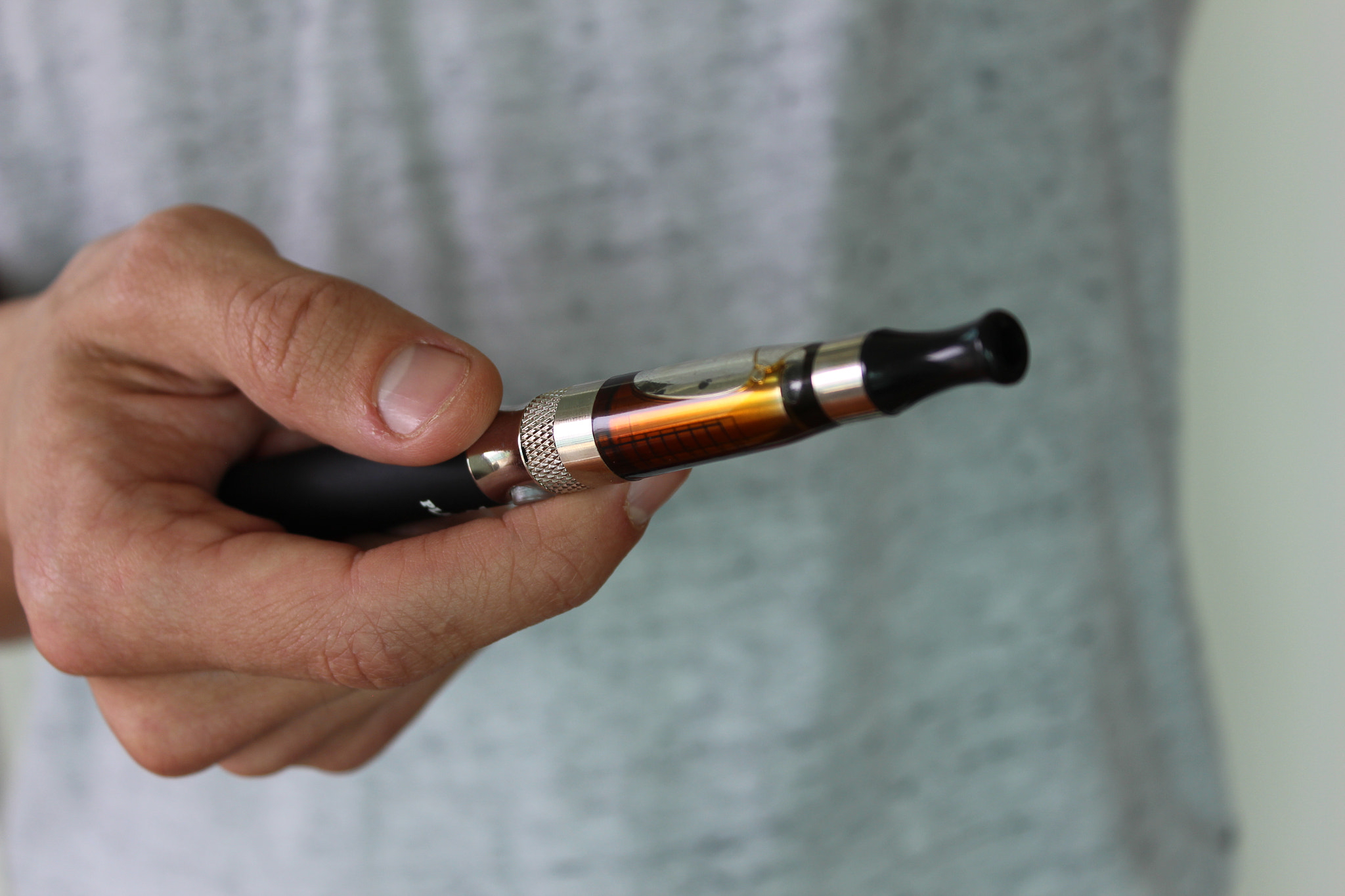Laser treatments have emerged as a cornerstone in modern skincare, particularly for effectively addressing pigmentation issues like sunspots and melasma. This advanced technology offers one of the most effective solutions for those seeking to achieve a smoother, more even complexion without resorting to invasive procedures. This article delves into the benefits and effectiveness of laser treatments for pigmentation, highlighting why they are often considered superior to other methods.
The Precision of Laser Treatments
The hallmark of pigmentation laser treatments is their precision. By utilizing focused light energy, these treatments specifically target pigmented areas of the skin, breaking down excess melanin while leaving surrounding tissues unharmed. This targeted approach allows for controlled treatments, leading to significant improvements in skin tone and a noticeable reduction in dark spots. Unlike topical creams that merely lighten the surface, laser therapy penetrates deeper layers of the skin, effectively addressing the root causes of pigmentation.
The depth and intensity of laser therapy make it particularly suitable for stubborn pigmentation issues that may not respond well to other treatments. Conditions like sun damage, age spots, and post-inflammatory hyperpigmentation can be effectively faded, restoring your skin’s radiance.
How Laser Technology Works
The technology behind effective pigmentation laser treatments involves emitting concentrated light beams that specifically target melanin in pigmented areas. When the laser energy is absorbed by the melanin, it breaks the pigment into smaller particles that the body’s lymphatic system gradually removes. This process results in visibly lighter and clearer skin over time.
Unlike superficial treatments like chemical peels, which may only address surface pigmentation, lasers can penetrate multiple layers of skin. This capability allows for the treatment of deeper pigmentation, such as melasma or post-acne marks, with minimal side effects.
Lasting Results for Severe Pigmentation
For individuals dealing with severe pigmentation issues, laser treatments can offer lasting results. While some may see a significant improvement after just one session, a series of treatments is typically recommended to achieve optimal results. The effectiveness of Pigmentation laser treatment for severe cases is particularly notable because of its ability to break down dense concentrations of melanin that have been resistant to other treatments.
Laser therapy not only treats the pigmentation that’s already present but also stimulates the skin’s natural regenerative processes. This means that over time, the skin becomes healthier and less prone to developing new pigmentation, offering longer-lasting results. However, patients should be aware that ongoing maintenance treatments may be necessary to keep pigmentation at bay, especially if underlying causes, such as sun exposure, are not adequately controlled.

Versatility Across Skin Types
Laser treatments are versatile and can address a variety of pigmentation issues, but certain types of pigmentation respond particularly well. Sunspots, age spots, and post-inflammatory hyperpigmentation (often caused by acne) are among the most responsive to effective Pigmentation laser treatment. Melasma, which can be more challenging to treat, also shows good results with laser therapy, though it may require more sessions and careful post-treatment care.
Freckles and liver spots, which are generally superficial, also respond quickly to laser treatments. By breaking up the excess melanin in these spots, the laser works to restore a more even skin tone. Patients with deeper, more embedded pigmentation might require a more tailored approach, but lasers remain one of the most promising options.
Benefits Over Topical Treatments
While topical creams can help to lighten pigmentation over time, they are often limited in their ability to provide lasting, deep results. Creams typically work on the surface layer of the skin and may take months to show minimal improvements. In contrast, laser treatments target pigmentation at its root, delivering faster and more visible results.
One of the major benefits of effective Pigmentation laser treatment is the ability to achieve significant results in fewer sessions compared to the extended use of creams. Additionally, lasers can treat a variety of pigmentation types that topical treatments simply can’t address as effectively, such as deep melasma or post-acne scars.
Post-Treatment Care for Enhanced Results
To maximize the effectiveness of Pigmentation laser treatment, following the right post-treatment care is crucial. After laser therapy, the skin is more sensitive to sun exposure, so wearing a broad-spectrum sunscreen with high SPF is essential to prevent new pigmentation from forming. Keeping the skin moisturized and avoiding harsh skincare products during the recovery period will also support the healing process and enhance results.
In some cases, dermatologists may recommend using specific post-treatment creams that help calm the skin and promote faster healing. Following these steps ensures that the skin recovers optimally and that the results of laser treatment are long-lasting.
Laser treatments for pigmentation offer a highly effective and advanced solution for anyone struggling with skin discoloration. By providing precision targeting of pigmentation issues, these treatments deliver faster and more visible results compared to traditional methods. Whether addressing sunspots, melasma, or post-inflammatory hyperpigmentation, laser therapy can help you reveal a clearer, more radiant complexion.





